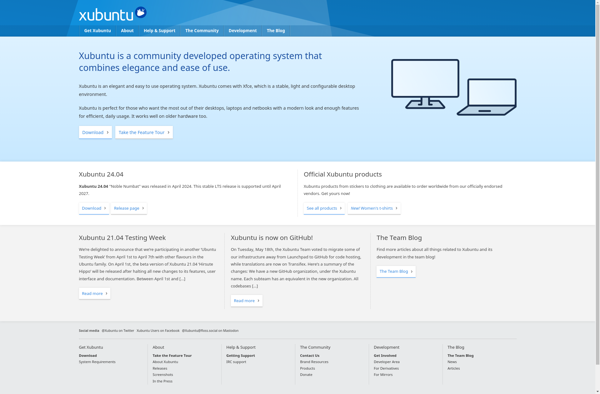CoreOS
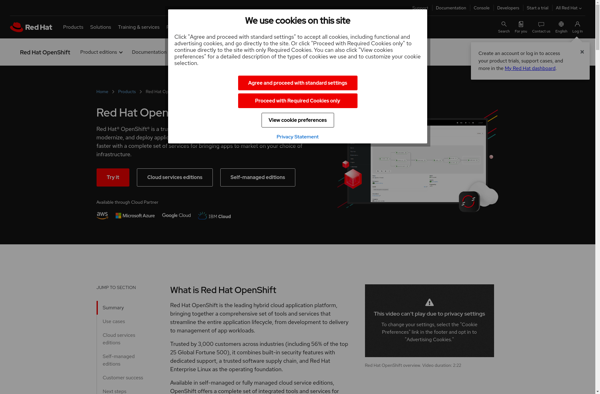
CoreOS: Lightweight Linux Distribution for Clustered Deployments
CoreOS is a lightweight Linux distribution optimized for clustered deployments, security, and automation. It uses containers rather than packages and allows automated updates via continuous integration and delivery.
What is CoreOS?
CoreOS is an open-source lightweight operating system based on the Linux kernel and designed for providing infrastructure to clustered deployments. It focuses on security, consistency, and reliability.
Some key features of CoreOS include:
- Uses container-based application deployment and system componentization rather than a traditional Linux package-based approach. This allows for modular and flexible deployments.
- Automated updates via continuous integration and delivery with rollback capabilities if issues arise.
- A focus on security with signed images, secure boot capability, whitelisting of executables, and kernel hardening.
- Scaling and cluster management support via integration with cluster managers like Kubernetes.
- Consistent operating system instances across nodes in a cluster since applications run in containers.
CoreOS aims to be a minimal and optimized OS for running highly scalable deployments like large websites and cloud services. Its unique approach of using containers rather than packages and focus on automation makes it well-suited for building robust clustered infrastructure.
CoreOS Features
Features
- Lightweight Linux distribution
- Optimized for clustered deployments
- Built-in container runtime engine
- Automated OS updates
- Security focused
- Open source
Pricing
- Open Source
Pros
Cons
Official Links
Reviews & Ratings
Login to ReviewThe Best CoreOS Alternatives
Top Os & Utilities and Linux Distributions and other similar apps like CoreOS
Here are some alternatives to CoreOS:
Suggest an alternative ❐MacOS

Linux Mint
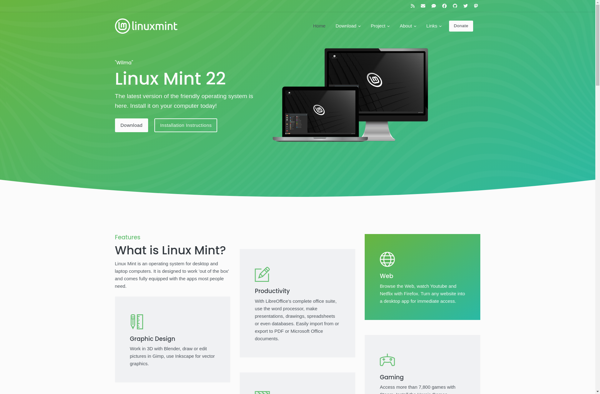
Zorin OS
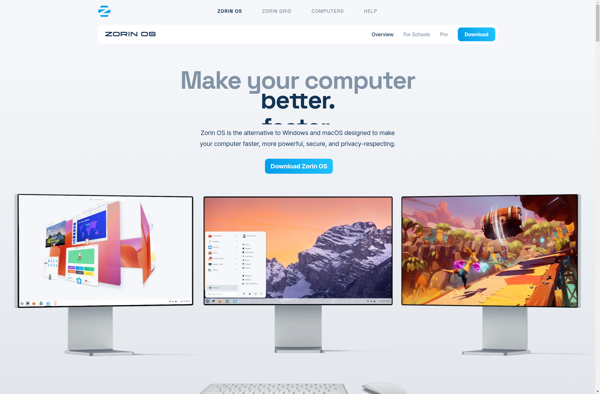
Elementary OS
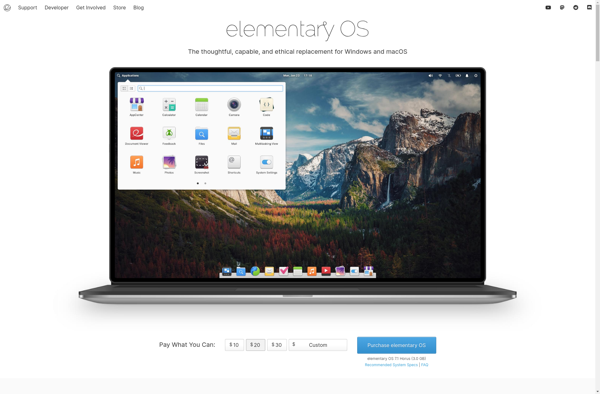
Debian

Fedora
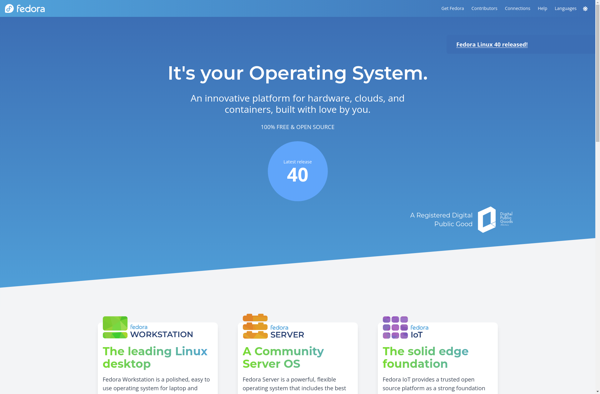
Manjaro Linux

OpenSUSE

Pop!_OS
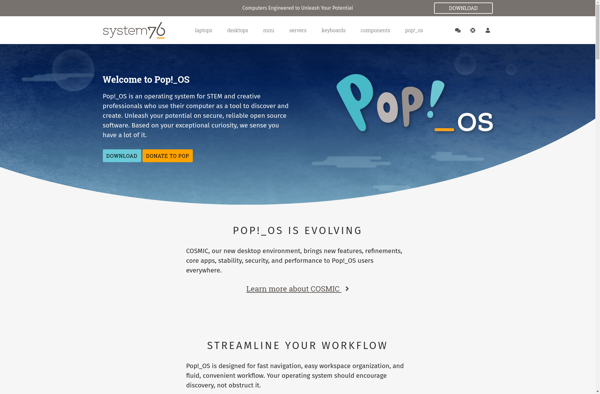
Lubuntu
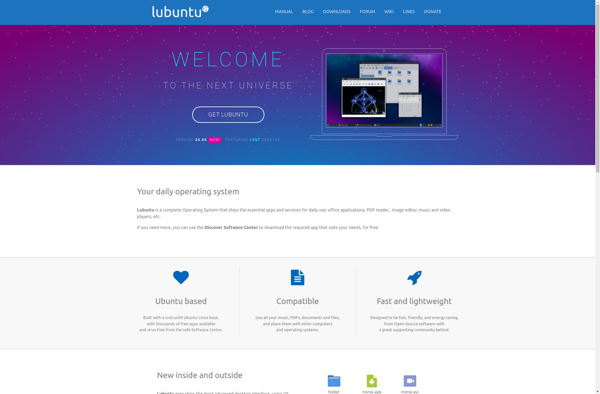
Gentoo
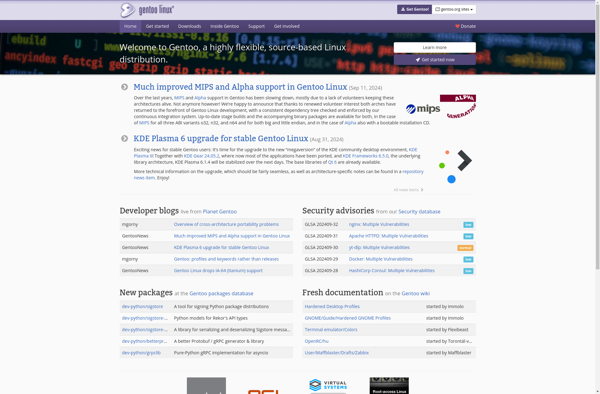
CoreCluster
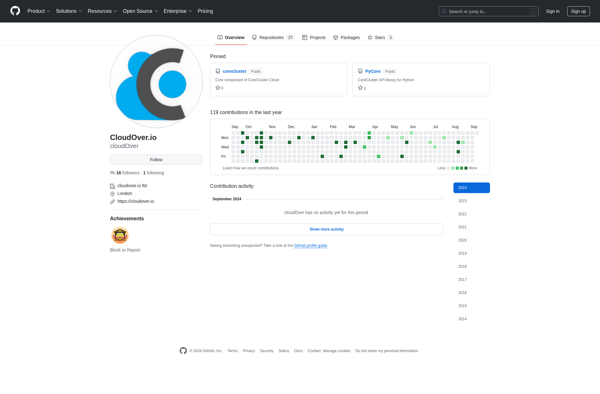
Xubuntu
